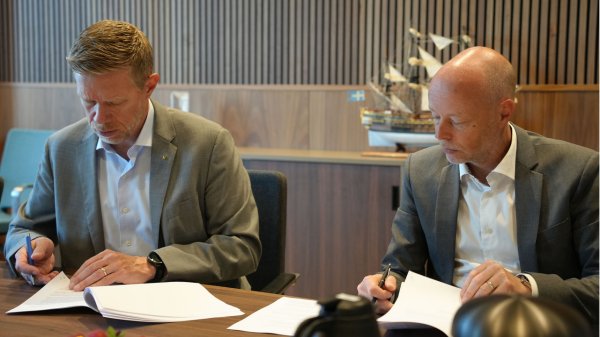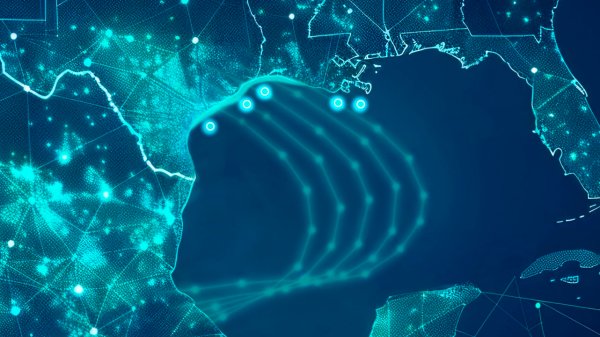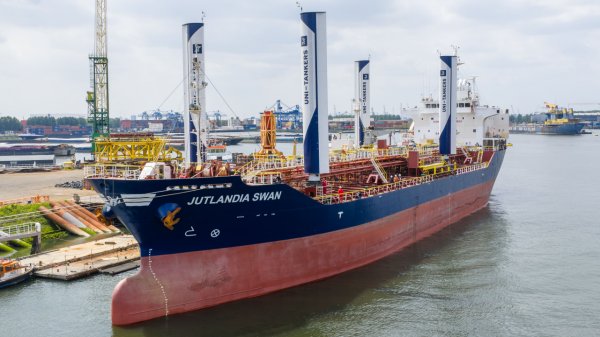

|
New Gothenburg lease an opportunity to expand green portfolio: Inter Terminals
Bunker terminal operator eyes tank conversion and construction projects for renewable products. |
|
|
|
||

|
Peninsula extends US Gulf operation offshore
Supplier to focus on Galveston Offshore Lightering Area (GOLA) in strategy to serve growing client base. |
|
|
|
||

|
Uni-Tankers vessel gets wind-assisted propulsion
Fourth tanker sails with VentoFoil units as manufacturer says suction wing technology is gaining traction. |
|
|
|
||

|
Swedish biomethane bunkered in Gothenburg
Test delivery performed by St1 and St1 Biokraft, who aim to become large-scale suppliers. |
|
|
|
||

|
Cockett to be closed down after 45 years
End of an era as shareholders make decision based on 'non-core nature' of Cockett's business. |
|
|
|
||

|
Petrobras confirms prompt availability of VLS B24 at Rio Grande
Lead time for barge deliveries currently five days. |
|
|
|
||

|
IMO approves pricing mechanism based on GHG intensity thresholds
Charges to be levied on ships that do not meet yearly GHG fuel intensity reduction targets. |
|
|
|
||

|
VARO Energy expands renewable portfolio with Preem acquisition
All-cash transaction expected to complete in the latter half of 2025. |
|
|
|
||

|
NYK trials biofuel in milestone coal carrier test
Vessel is used to test biofuel for domestic utility company. |
|
|
|
||

|
H-Line Shipping orders LNG bunkering vessel
Vessel with 18,000-cbm capacity to run on both LNG and MDO. |
|
|
|
||
| Shell: Sohar bunker enquries have doubled since Qatar boycott [Insights] |
| P&I club says it can decline cover to ships violating Qatar 'trade embargo' [Insights] |
| Oil price volatility increases as Middle East tensions escalate [Insights] |